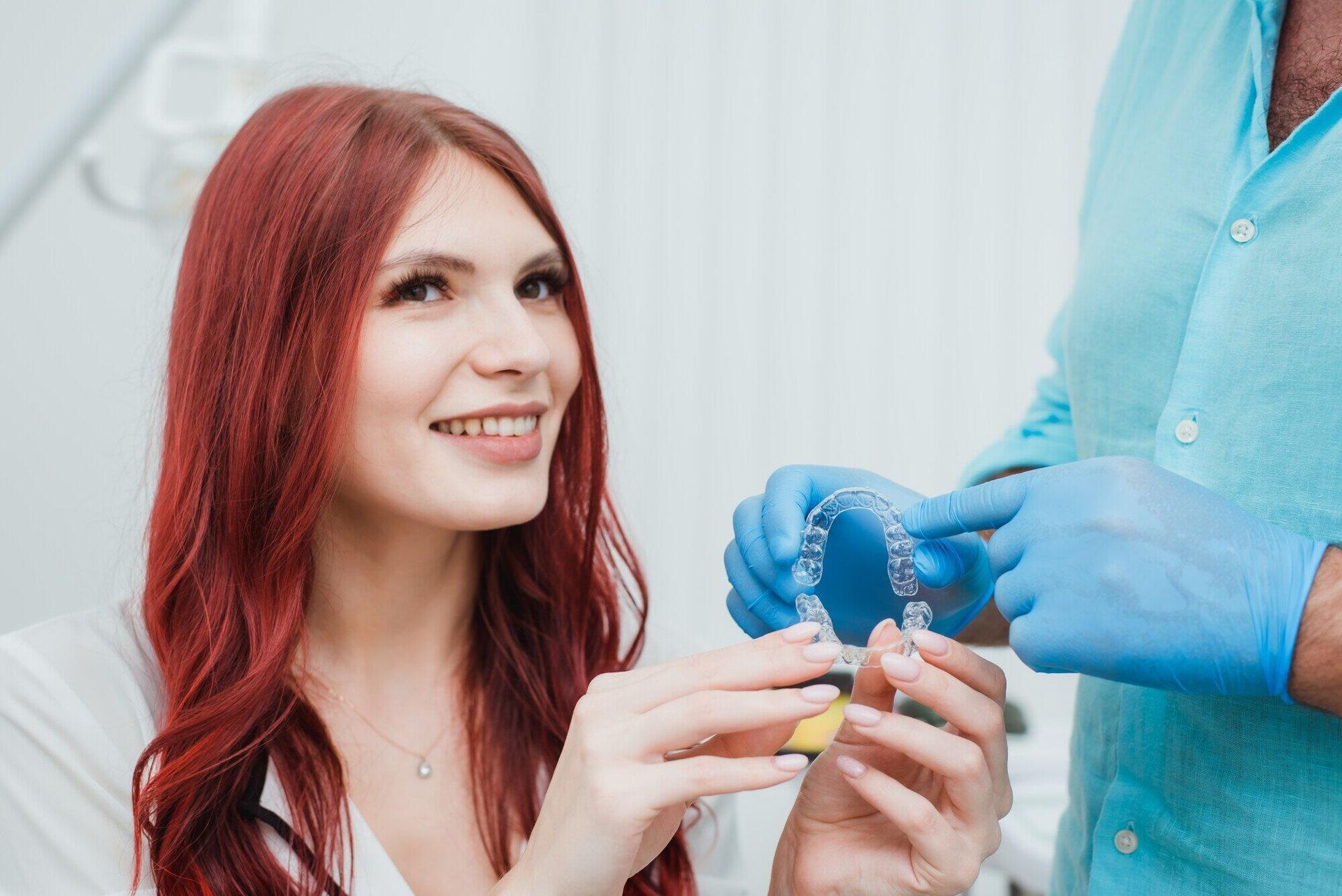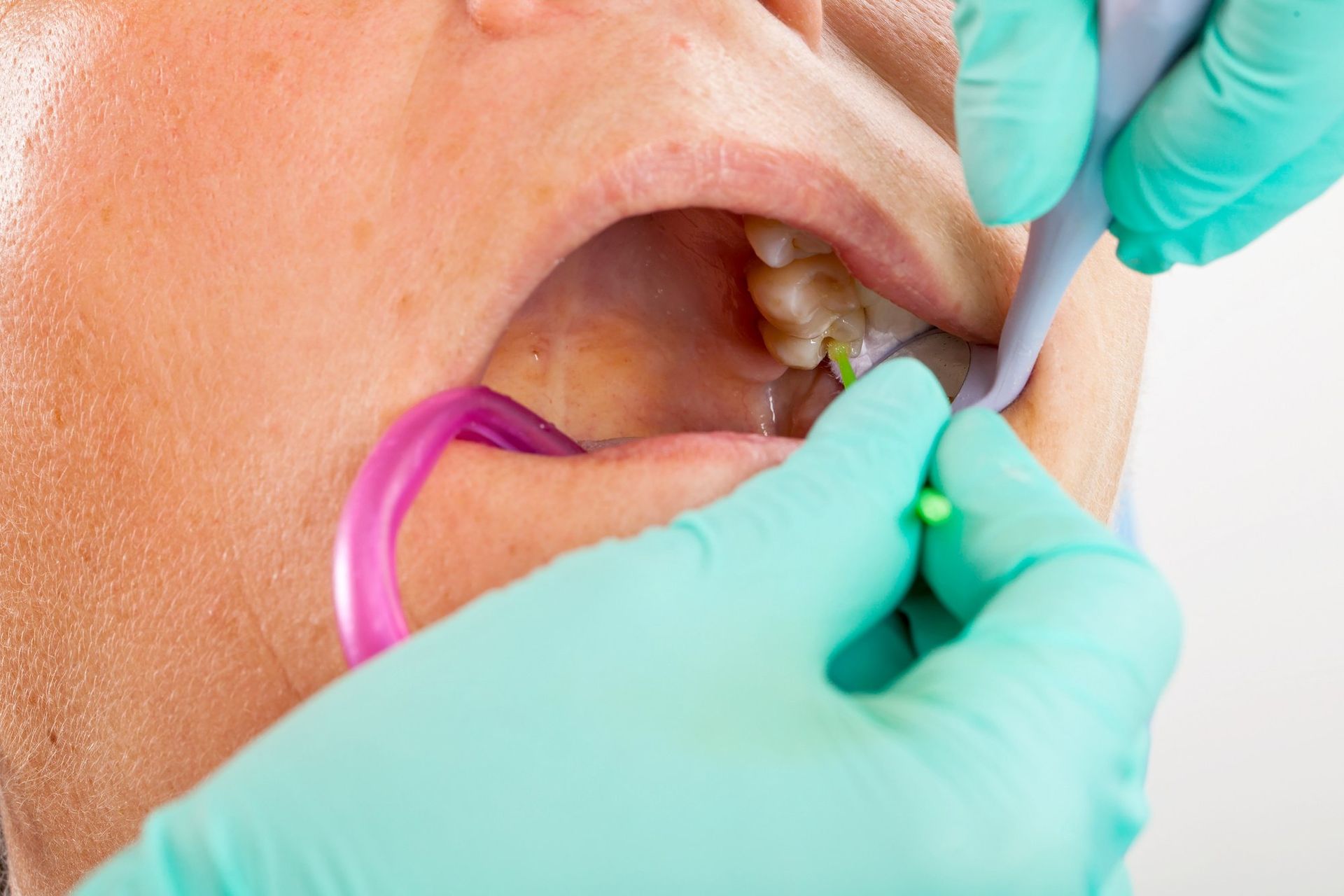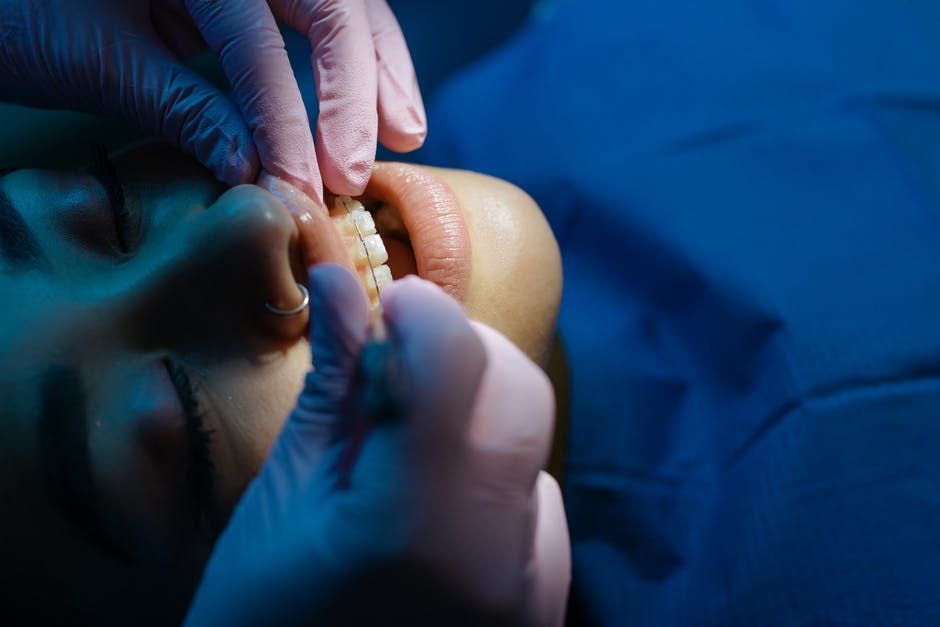Longevity of Dental Implants
What are dental implants? What does dental implant surgery involve? What is the longevity of dental implants? Read this to find out what you need to know.
Tooth decay is a very common occurrence among adults. 27% of adultshave some tooth decay that is going untreated.
When tooth decay is left alone, it can run rampant in the mouth and cause major problems. One of those is the loss of teeth. If this is the case, then dental implants can be used to replace the lost tooth and last for 25 years.
There is a lot to learn about dental implants and how to get them, so read on to find out more useful information.
What Are Dental Implants?
Dental implants are tooth replacements for natural teeth that have had to be removed due to health issues, like tooth decay.
The implant has an anchor that is permanently fixed in the jawbone through a surgical procedure. Technically, the implant is this anchor that can replace a lost tooth.
After that procedure, the replacement tooth can be attached to that anchor for a natural look and feel. There are two different types of implants; fixed or removable. The replacement tooth (called the crown) is attached to a piece called the abutment.
This abutment is the bridge that holds the two pieces (implant and crown) together. Its a little metal piece that goes into both areas.
The anchor never comes out after it has been placed, regardless of the type of crown you get.
Dental implants are designed to match your natural teeth and blend in. This procedure has been done for many decades, so the technology has been refined to perfection. It's very hard to distinguish the natural teeth from the implanted ones.
A dental implant is really the best option for someone who has lost a permanent tooth.











